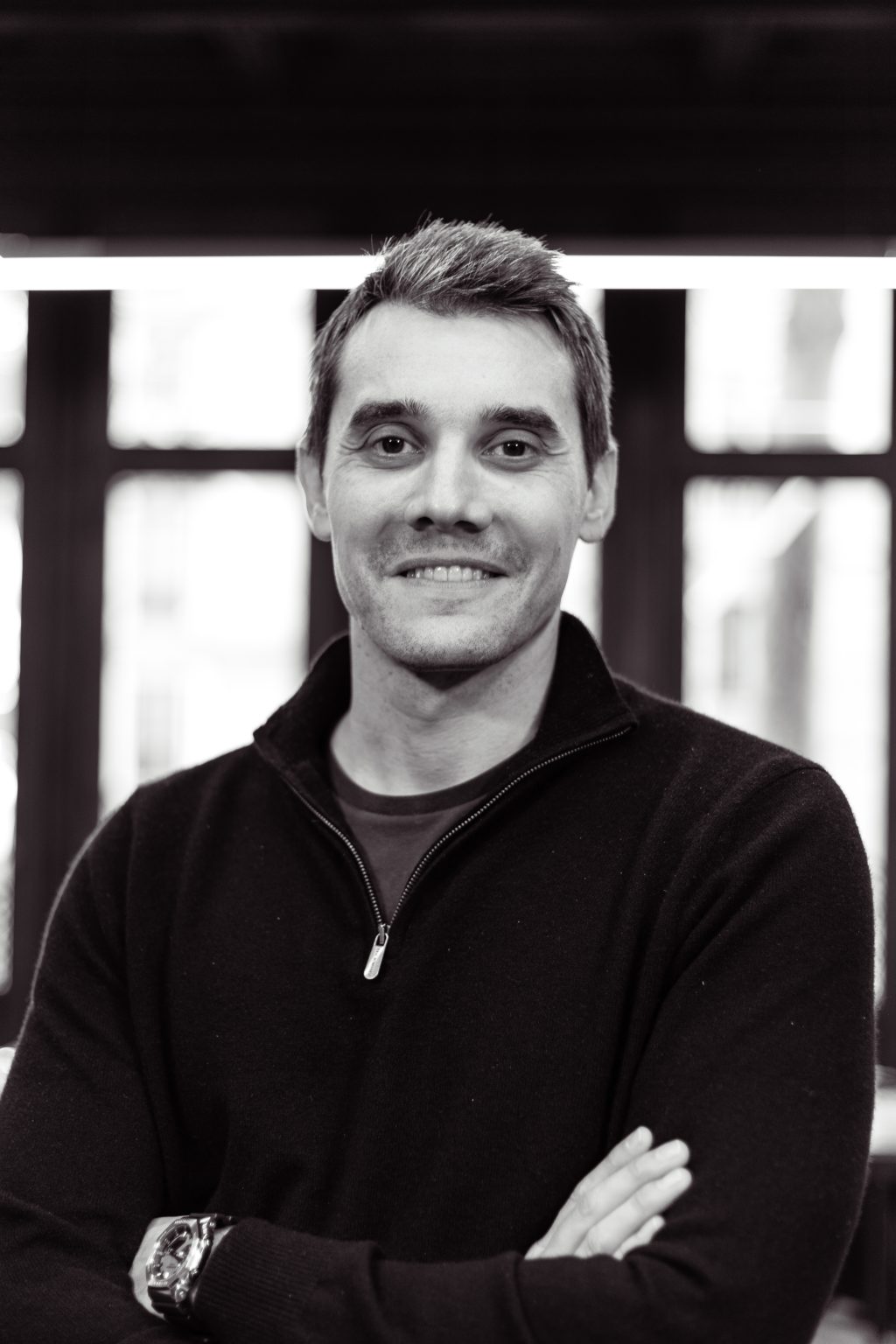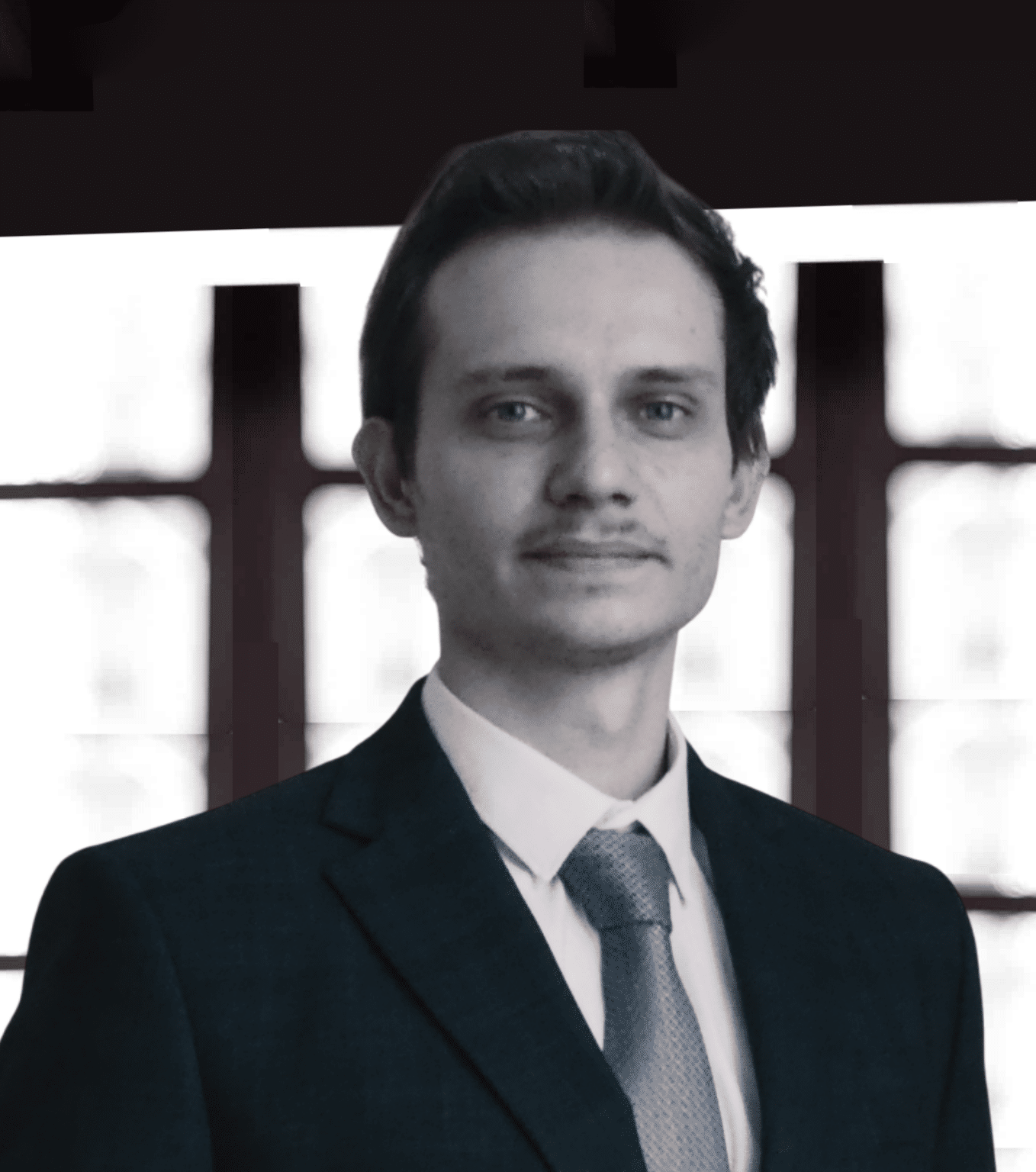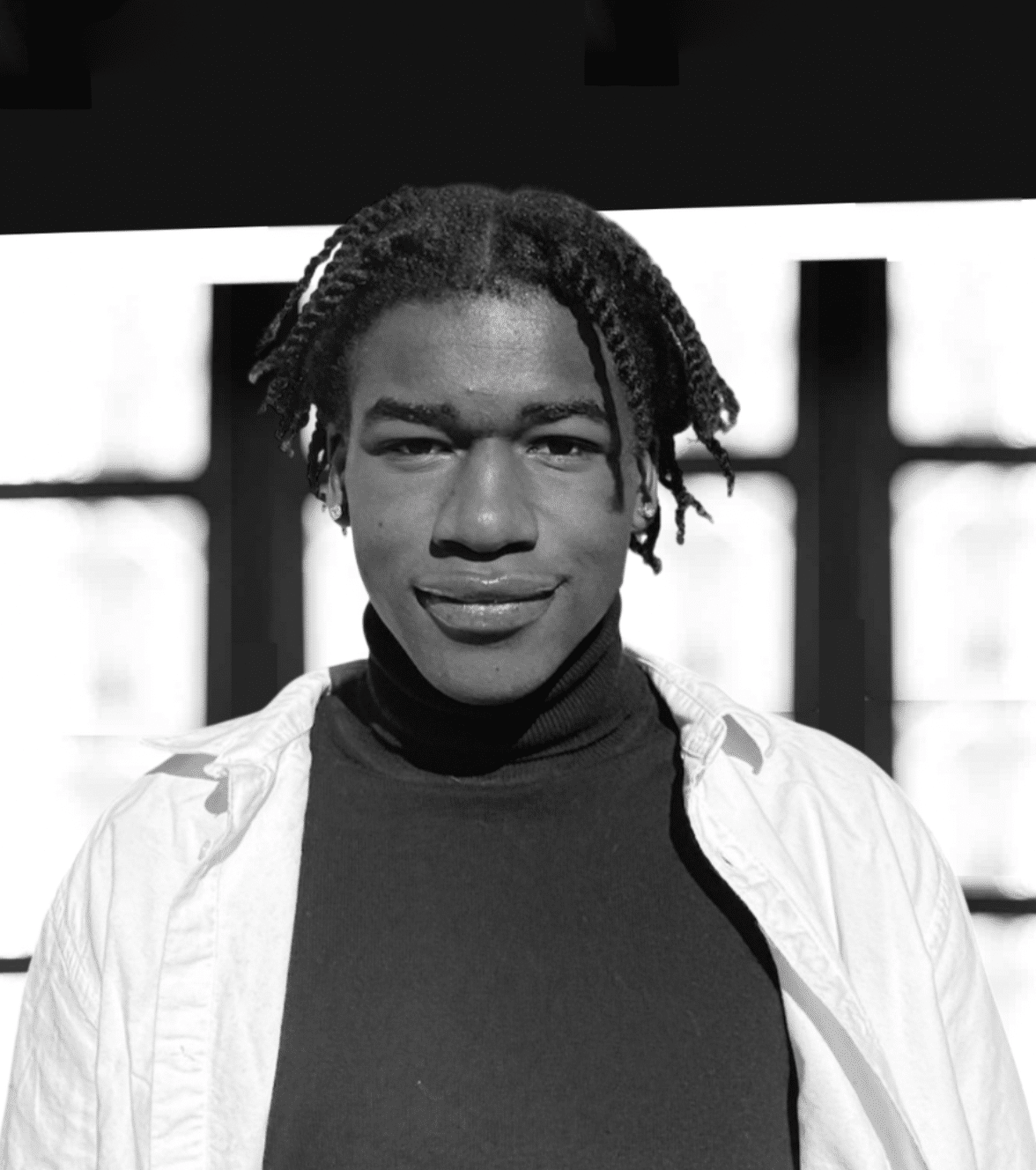Nicole GNESOTTO Professor at the CNAM and Chair of the Board at the Institut des Hautes-études de Défense Nationale (IHEDN), on the causes of the refugee crisis. [vc_btn title= »Télécharger l’article » style= »outline » color= »blue » align= »right » i_icon_fontawesome= »fa fa-file-pdf-o » add_icon= »true »] There has been a massive influx of refugees into Europe since the start of the year, most of them from Syria, Afghanistan and Iraq. Confrontations Europe has re-examined the causes of the refugee tragedy with Nicole Gnesotto, a professor at the CNAM and Chair of the Board at the Institut des Hautes-études de Défense nationale. Behind all the human lives that have been ripped apart or lost, there are a whole range of crises that the European Union cannot continue to ignore. Is the current migrant crisis a direct consequence of the collective indifference of the EU Member States to their neighbours, particularly those south of the Mediterranean? Nicole Gnesotto: Yes, Europeans are paying
Ce contenu est réservé aux abonné(e)s. Vous souhaitez vous abonner ? Merci de cliquer sur le lien ci-après -> S'abonner












